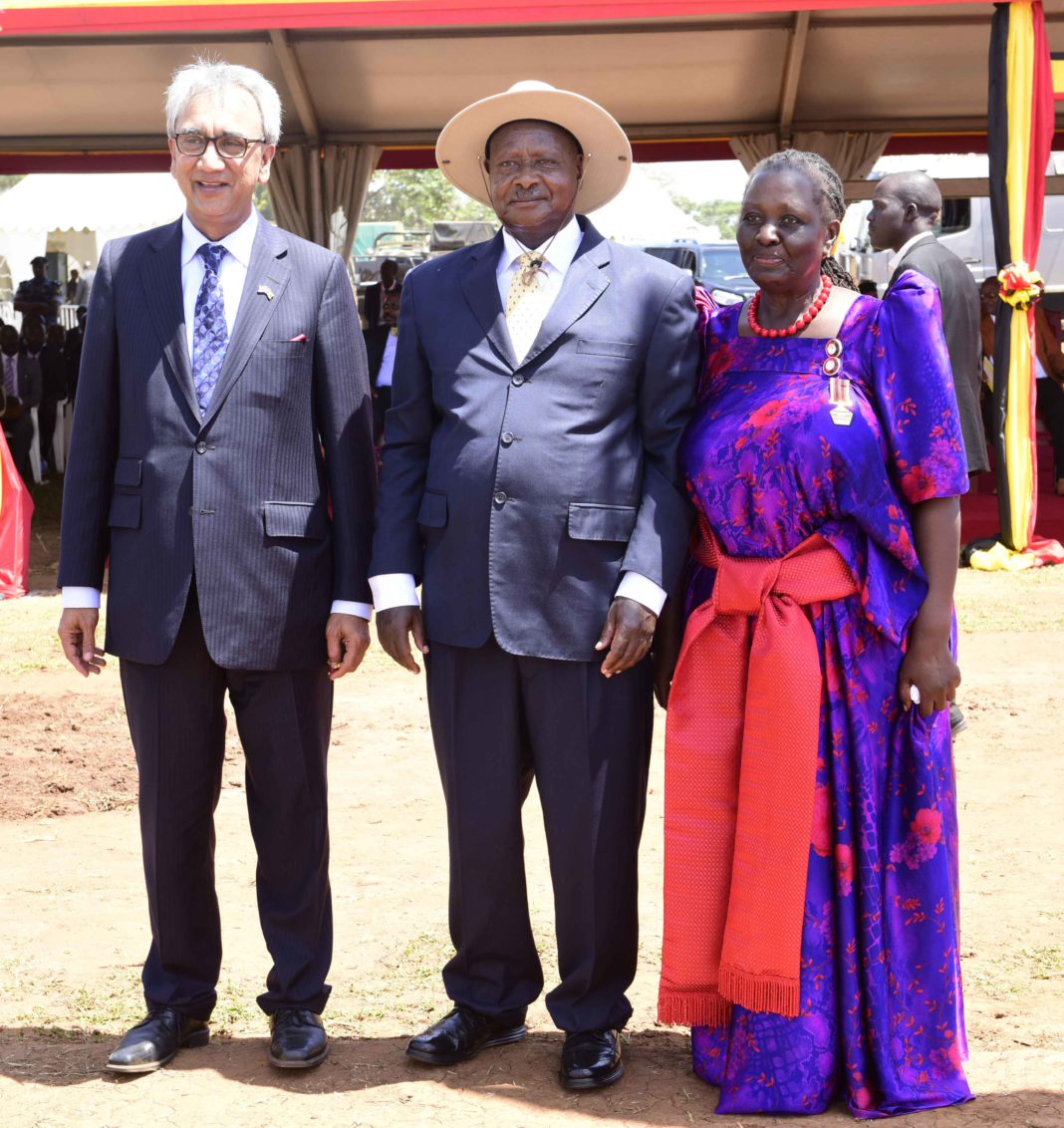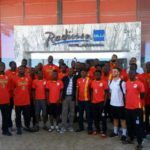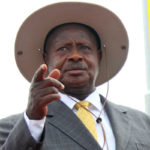Uganda has yet again celebrated its Independence Day; the 54th celebrations were held at Luuka district Headquarters in Busoga Region.
As is the trend October 9 is a public holiday and the President presides over the celebrations, usually laced with pomp including the delivery of soothing speeches about gains registered by whichever political establishment is in power at a particular time. Supporters will then cheer.
About a decade ago the celebrations were usually held at the National Independence Grounds in Kololo, a former airstrip in the Kampala central division.
However, of recent national celebrations are being distributed across the country, something akin to the distribution of the ‘national cake’, in the process giving chance to other regions to witness partake of the celebrations.
According to the English dictionary, ‘a public holiday is established by law and is usually a non-working day during the year. Sovereign nations and territories observe holidays based on events of significance to their history’.
However, this understanding of a public holiday seems to be waning amongst the Ugandan work force, both self-employed and those employed by private sector bosses.
The fact that most people still go to their work places and tend to have a ‘normal day’ without showing signs of any slight knowledge about the holiday is quiet appalling. Indeed, some people even express some shock when they get to know about a national holiday after reports from the media.
More worrying however, even many who have knowledge about the holiday may not engage in the celebrations, opting to either go to work or stay at home.
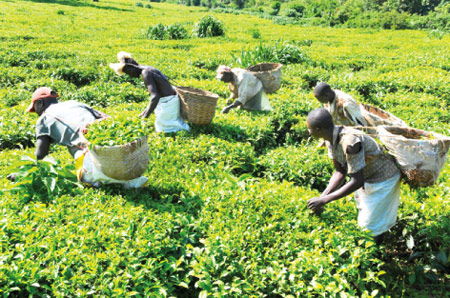
Then there is the group that is employed by foreigners or even nationals who care less about holidays. These are compelled to work since their station in life cannot not enable them risk missing a day which has not been planned for by their management.
Most of those who fall in the above category are completely dependent on their jobs/bosses in order to access the basic necessities like food, shelter and health care, bringing into question their ‘Independence’.
The claims of ‘political independence’ have shrouded the drive for ‘economic independence’; leaving the average Ugandan at pains to know and appreciate his/her real independence.
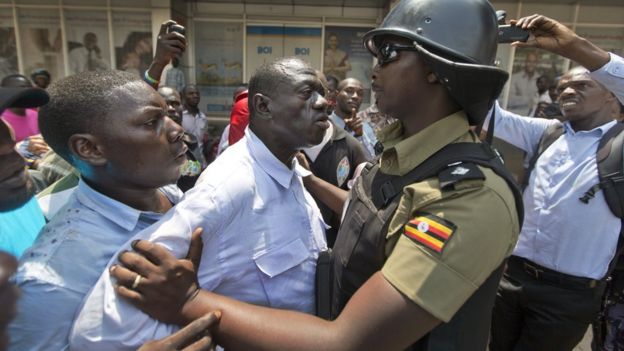
Meanwhile, this also permeates to the political opposition, whose members cannot lay claim to being wholly independent as some have of recent, faced multiple arrests and detentions both at their residents and prisons.
The most prominent victims under the National Resistance Movement (NRM) are former presidential candidate Dr. Kizza Besigye, MPs Allan Sewanyana and Ibrahim Semujju Nganda, Ingrid Turinawe and the Lord Mayor of KCCA Erias Lukwago.
These have developed a ‘psychological comfort’ with this trend of life as and they just start off from where they had stopped as soon as they are released.
Their continuous persecution and infringement on their human rights has been cited by international bodies, local institutions and individuals but it is yet to cease.




